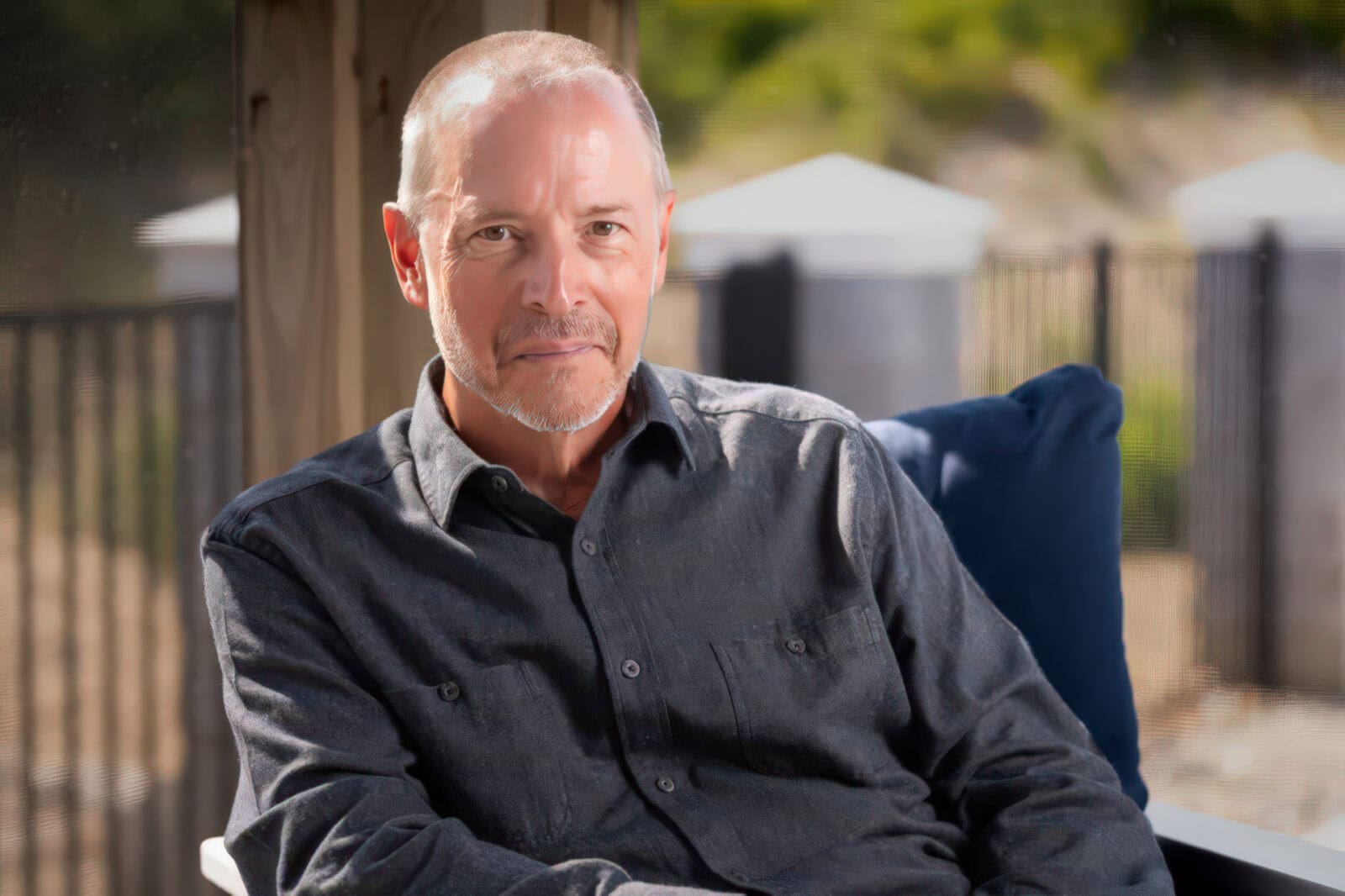$16 million gift from David H. Kellogg propels research in philosophy, politics, and economics

Thanks to the generosity of an alumnus whose fascination with philosophy, politics, and economics began at the age of 13, Virginia Tech has become one of the world’s first public research universities to endow a research center in the growing field that synthesizes these three disciplines.
Often abbreviated as PPE, this interdisciplinary field of study combines insights into human nature and institutions with the analytic rigor of economic methods.
At its core, PPE examines how ethical principles, political institutions, and economic systems intersect to shape societies and to influence individual and collective decision-making. PPE is a powerful tool to uncover unintended consequences of policy by driving cross-disciplinary analysis.
Electrical engineering graduate David H. Kellogg recently committed a $16 million gift to endow the research center that he helped launch with initial support.
Virginia Tech introduced a minor in philosophy, politics, and economics in 2015 and a major in 2017.
Over the past 10 years, enrollment in both degree programs has surged, making the university one of the few U.S. institutions recognized for excellence in both research and teaching in this interdisciplinary field of study. Today, over 225 students are enrolled in philosophy, politics, and economics at Virginia Tech.
“The David H. Kellogg Center for Philosophy, Politics, and Economics convenes faculty, students, and the public to explore new ways to help our communities thrive by bridging boundaries and integrating knowledge across disciplines,” said Virginia Tech President Tim Sands.
“David’s insight and generosity will advance interdisciplinary research and research-centered teaching as we seek to have a positive impact on global societies through the humanities and social sciences.”
Kellogg built on his Virginia Tech co-op experience working for the CIA to become an executive with Decision-Science Applications, known as DSA, a federal contractor focused on defense research.
But the seed for entrepreneurship and economics was planted much earlier when, as a teenager, he delved into philosophy and pored over magazine’s coverage of business and Austrian economics.
In 1998, Kellogg founded Solers Inc., an IT firm specializing in software and systems engineering, integration, space systems, cloud, and cybersecurity. Peraton, a Veritas Capital portfolio company, acquired Solers in 2019.
Today, Kellogg leads proprietary trading firms he founded or co-founded.
“The staff and faculty in the electrical engineering department taught me how to think, how to analyze, to be careful and deliberate, and not take shortcuts — and that worked out,” Kellogg said.
Kellogg believes the same disciplined approach should be applied to politics, especially in polarized times.
“Critical thinking, staying informed, and forming one’s own opinion are better than parroting what others or the government want you to say,” Kellogg said.
“Democracy will not function without an informed public, and the public seems insufficiently informed at present. We need people to think for themselves to become engaged and responsible citizens.”
The Kellogg Center advances this mission through annual public lectures featuring Nobel Prize winners, MacArthur Fellows, renowned moral, political, and economic theorists, and prominent legal scholars.
In addition to overseeing its two degree programs, the center supports research across the disciplines it integrates. It is currently home to five core faculty members and over 50 affiliated faculty members, representing most of Virginia Tech’s colleges.
The David H. Kellogg Center for Philosophy, Politics, and Economics spans the College of Liberal Arts and Human Sciences and the College of Science.
Its founding director, Professor Michael Moehler, who attributes the program’s growth to visionary leadership from deans and the collaboration of three departments, said the endowment will have a lasting impact.
“On behalf of all faculty, staff, and students of the center, I am profoundly grateful for the long-standing support of Mr. Kellogg and his family,” Moehler said.
“Mr. Kellogg’s generosity is extraordinary. He cares deeply about student development and faculty excellence, and he is committed to promoting thoughtful civil discourse. The university is fortunate to have such successful and engaged alumni whose dedication is essential to both the university and society.”
Kellogg said he has been impressed with the center’s progress and is eager to see its reach and student numbers expand. His generosity will go a long way toward making that happen.
“I think I’m making a difference in the lives of these students,” Kellogg said, “and that’s inspiring.”

